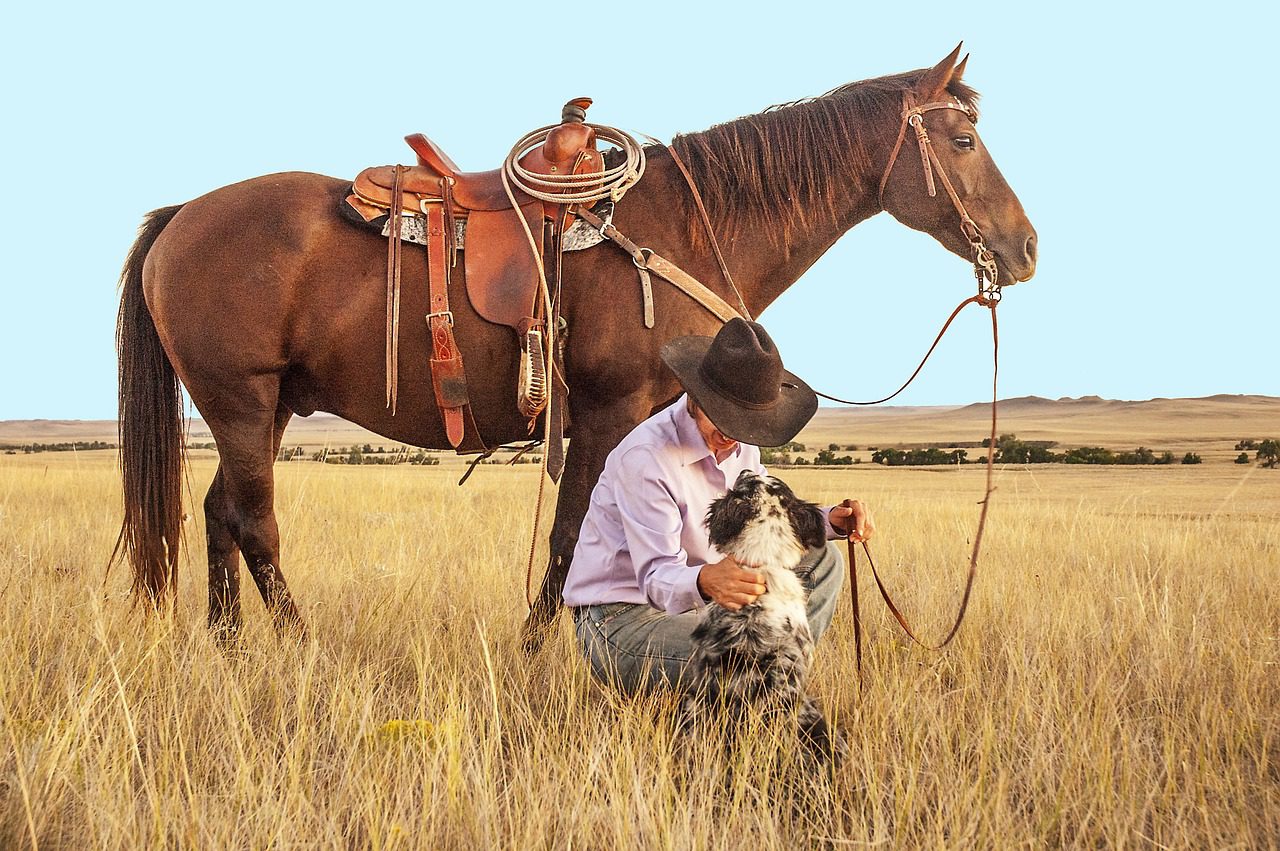September 27, 2023 — Farmers and ranchers in the Colorado River system’s Upper Basin states including Colorado, Wyoming, Utah, and New Mexico will continue to receive rewards for conserving water. This decision comes after the extension and revision of the System Conservation Pilot Program (SCPP) by officials from the mentioned states.
comes after the extension and revision of the System Conservation Pilot Program (SCPP) by officials from the mentioned states.
Background of the SCPP.
The SCPP initiative began between 2015 and 2018 as an experiment in the Upper Basin to find ways to maintain the water levels in Colorado River’s reservoirs. Participants in the program, mainly farmers and ranchers, were paid to set aside their land temporarily. Over its initial run, the program saw federal funds of about $4.6 million being utilized, resulting in a reduced water usage of approximately 22,116 acre-feet. During its last year, another 19 projects received close to $4 million, conserving an additional 25,097 acre-feet of water.
Upper Colorado River Commission’s Role.
The Upper Colorado River Commission (UCRC) oversees water distribution across both the Upper and Lower Basin states. The Lower Basin states include Arizona, Colorado and Nevada. URSC’s goal is fair distribution and adherence to historical agreements on water allocation to these states and even Mexico. With up to $125 million set aside for use from 2023 to 2026, UCRC decided to revive the SCPP. The renewed program, however, saw fewer participants than expected.
Recent Changes and Expectations.
For the 2024 Water Year, which spans from October 1, 2023, to September 30, 2024, the UCRC made improvements based on past results. One major change is allowing farmers to apply for the program earlier, ensuring they can better plan their operations. According to Colorado’s representative Becky Mitchell, these changes will provide more flexibility for locals interested in innovative conservation projects.
is allowing farmers to apply for the program earlier, ensuring they can better plan their operations. According to Colorado’s representative Becky Mitchell, these changes will provide more flexibility for locals interested in innovative conservation projects.
The Trust Gap, New Initiatives and Survey Findings.
With an aim to improve the SCPP, newer mechanisms such as transparent pricing, enhanced outreach, and prioritization of certain projects have been included. However, a recent survey revealed that a majority of the targeted farmers and ranchers were either unaware of the program or were unlikely to participate in formal water conservation efforts. As Drew Bennett, the lead author of the survey from the University of Wyoming pointed out, these programs need to be clear and transparent to gain trust.
revealed that a majority of the targeted farmers and ranchers were either unaware of the program or were unlikely to participate in formal water conservation efforts. As Drew Bennett, the lead author of the survey from the University of Wyoming pointed out, these programs need to be clear and transparent to gain trust.
… [G]rowers trust local agencies significantly more than state and federal ones.
Only about 14% of growers said there is a high level of trust between water users and water management agencies in their states. The same number said their state’s planning process was adequate for dealing with water supply issues.
The Colorado River faces a significant threat with decreasing water levels. The study across six of its seven beneficiary states showed that 70% of farmers and ranchers were already grappling with water shortages. However, there’s a discernible trust gap between these farmers and the state and federal agencies trying to promote water conservation. Although farmers play a crucial role, consuming about 80% of the river’s water, many are reluctant or uninformed about state-sponsored water conservation programs. As the deadline for establishing new water-sharing rules approaches in 2026, building trust and promoting awareness will be crucial for future conservation efforts.
The report, Agricultural Water Users’ Preferences for Addressing Water Shortages in the Colorado River Basin, was published September 2023 by the Ruckelshaus Institute, a division of the Haub School of Environment and Natural Resources at the University of Wyoming, and the Western Landowners Alliance. An interactive dashboard detailing survey results is available at the University of Wyoming’s website. Here in Arizona, for instance, the dashboard revealed that farmers and ranchers are very worried about changes in water management policy and constraints on water use that would affect their ability to continue operating.
is available at the University of Wyoming’s website. Here in Arizona, for instance, the dashboard revealed that farmers and ranchers are very worried about changes in water management policy and constraints on water use that would affect their ability to continue operating.


Leave a Reply